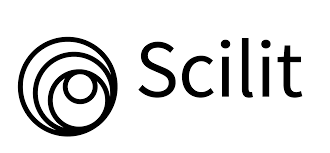The PCNA GENE EXPRESSION AS A MARKER OF ALZHEIMER'S DISEASE IN THE BRAIN OF LONG-TAILED MACAQUES (Macaca fascicularis)
Abstrak
Early diagnosis of Alzheimer's is still difficult to do, thus it is important to carry out further research to find biomarkers that can be used to detect early Alzheimer's disease. Proliferating Cell Nuclear Antigen (PCNA) is known as a proliferation marker, which has the potential to detect neurogenesis in the brain. This study aimed to identify PCNA gene expression in the brain as a marker of Alzheimer’s disease in Macaca fascicularis. Macaca fascicularis was used in this study because of their similarities with humans in terms of their behavioral complexity, as well as high cognitive abilities and the formation of a pathological characteristic of Alzheimer's disease in the brain. This study used the brains of 7 monkeys in the hippocampus and cortical regions. Monkeys previously have been divided into old and adult age groups. The detection of PCNA gene expression was done using RT-qPCR method. The results showed the gene expression tended to be higher in the adult group and the hippocampus region, although based on statistical analysis showed no significant differences
Copyright (c) 2024 Indonesian Journal of Primatology

This work is licensed under a Creative Commons Attribution-NonCommercial 4.0 International License.
As our aim is to disseminate original research articles, hence publishing rights is necessary. The publishing right is needed in order to reach an agreement between the author and publisher. As the journal is fully open access, the authors will sign an exclusive license agreement, where authors have copyright but license exclusive publishing rights in their article to the publisher. The authors have the right to:
- Share their article in the same ways permitted to third parties under the relevant user license.
- Retain patent, trademark, and other intellectual property rights including research data.
- Proper attribution and credit for the published work.
For the open access article, the publisher is granted the following rights.
- The exclusive right to publish the article, and grant rights to others, including for commercial purposes.
- For the published article, the publisher applied for the Creative Commons Attribution-NonCommercial-ShareAlike 4.0 International License.

This work is licensed under a Creative Commons Attribution-ShareAlike 4.0 International License.















